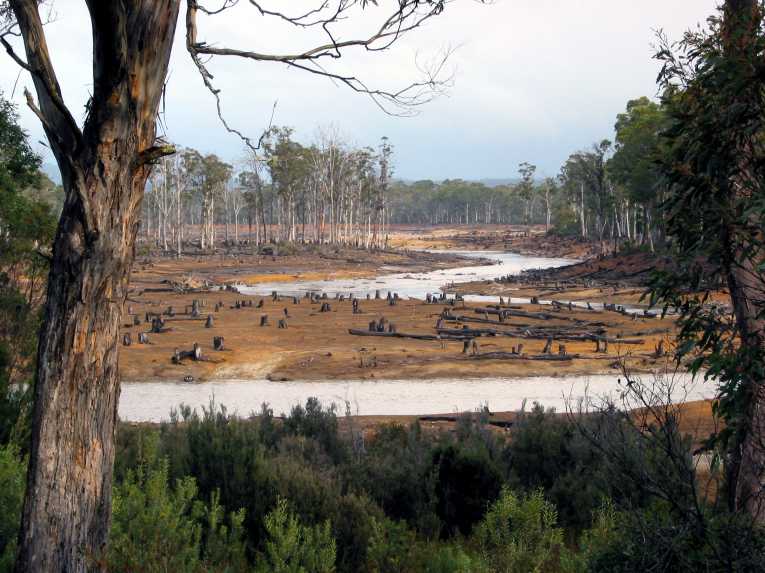Indonesia’s President Susilo Bambang Yudhoyono has finally signed a long-awaited two-year moratorium on new logging concessions for primary forests and peatlands.
The decree was part of a $1 billion deal with Norway to protect Indonesia's natural forests and peatlands. Indonesia's forests, like the Amazon, are some of the world's last tropical rainforests, and some of the world's most diverse ecosystems. While providing habitat for critically endangered animals like orangutans and tigers, the forests themselves are endangered by the rapidly expanding palm oil industry that replaces natural forests with a monoculture crop. Indonesia is the world's largest producer of palm oil, used in many household products like detergent and soap
The moratorium was expected to begin on January 1, but the president signed it on May 19, 2011. Presidential staff member Agus Purnomo confirmed this milestone, according to an article in The Jakarta Globe.
The president allegedly had not signed the moratorium yet because of confusion about which draft of the decree to sign. Different drafts held different specifications about which types of forest would be affected. One draft, preferred by the Ministry of Forestry, would affect only primary forest. Greenpeace and other environmental groups have pushed for a draft including secondary forest, asserting that the draft protecting primary forest and peatlands alone would leave much important habitat unprotected. Much of the environment has been degraded but would remain viable habitat if protected, they believe. Greenpeace has also pushed for the government to review existing land concessions.
The decree will protect 64 million hectares of primary forest and peatlands, says an article in Reuters. The deal with Norway is part of the REDD+ (Reducing Emissions from Deforestation and Degradation) program that aims to protect ecosystems in developing nations with financial aid from wealthier ones.
Environmentalists questioned the intentions of Indonesia's government when it granted nearly 3 million hectares of new logging concessions on December 31, 2010, the evening before the decree was originally scheduled to be signed.










